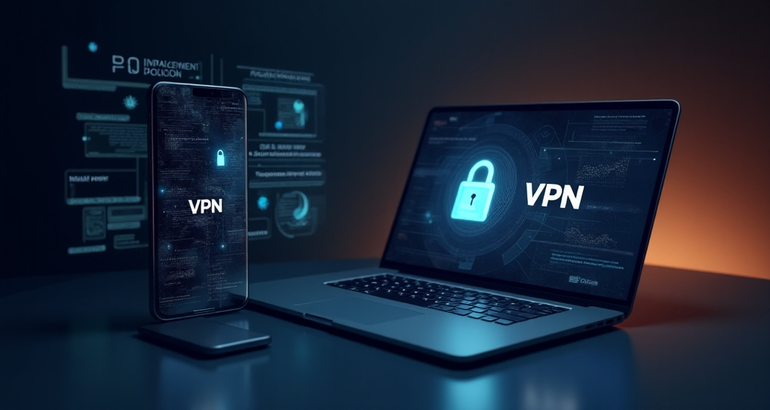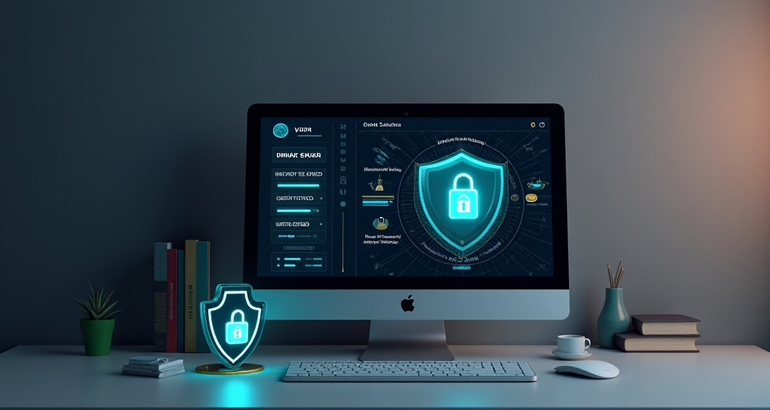How MetroVPN Protects You From Cyber Kidnapping Threats

- Privacy
- Online threats





Overview
Cyber kidnapping has emerged as a sophisticated digital extortion scheme targeting individuals and organizations worldwide. This article explores how MetroVPN's advanced security features can safeguard users against cyber kidnapping attacks, detailing prevention strategies and real-world case studies.
Contents
Understanding Cyber Kidnapping
How MetroVPN Prevents Cyber Kidnapping
Real-World Cyber Kidnapping Cases
Best Practices for Cyber Kidnapping Prevention
Understanding Cyber Kidnapping
Cyber kidnapping refers to a form of digital extortion where attackers gain control over victims' devices or data, then demand ransom payments. Unlike traditional ransomware that encrypts files, cyber kidnappers often combine psychological manipulation with technical attacks. Common tactics include screen locking, webcam hijacking, and fabricated evidence creation to convince victims their personal information or compromising materials have been stolen.
Recent FBI reports indicate a 300% increase in cyber kidnapping cases since 2020, with attackers frequently targeting remote workers and travelers using public Wi-Fi networks. The average ransom demand has risen to $5,000-$50,000, with many victims paying out of fear rather than actual data compromise.
How MetroVPN Prevents Cyber Kidnapping
MetroVPN provides multiple layers of protection against cyber kidnapping through its military-grade encryption and network security features:
1. Secure Encryption Tunnel : MetroVPN's AES-256 encryption creates an impenetrable tunnel for all internet traffic, preventing man-in-the-middle attacks commonly used in cyber kidnapping schemes.
2. Kill Switch Protection : If your VPN connection drops unexpectedly, MetroVPN immediately blocks all internet traffic to prevent data leaks that kidnappers could exploit.
3. DNS Leak Prevention : MetroVPN ensures your browsing history and online activities remain private, eliminating information attackers might use for social engineering.
4. Public Wi-Fi Security : MetroVPN automatically activates enhanced protection when connecting to unsecured networks, where 78% of cyber kidnappings originate according to cybersecurity researchers.
Real-World Cyber Kidnapping Cases
In 2023, a prominent journalist traveling abroad fell victim to cyber kidnappers after accessing hotel Wi-Fi without protection. Attackers locked her device and threatened to release sensitive documents unless she paid $15,000 in cryptocurrency. Had she used MetroVPN's secure connection, the initial network breach could have been prevented.
Another case involved a corporate executive whose home security cameras were hijacked through an unsecured IoT network. Cyber kidnappers created fabricated video evidence of illegal activities, demanding $50,000. MetroVPN's IoT protection features specifically prevent such device takeovers by securing all connected home networks.
Best Practices for Cyber Kidnapping Prevention
Beyond using MetroVPN, users should implement these security measures:
- Enable two-factor authentication on all accounts
- Regularly update operating systems and applications
- Use MetroVPN's Threat Protection feature to block malicious websites
- Never share sensitive information over unencrypted channels
- Maintain offline backups of critical data
Conclusion
Cyber kidnapping presents a growing threat in our increasingly connected world. MetroVPN offers comprehensive protection through its advanced encryption, network security features, and real-time threat monitoring. By combining MetroVPN's technology with smart digital habits, users can significantly reduce their vulnerability to these sophisticated extortion schemes.






